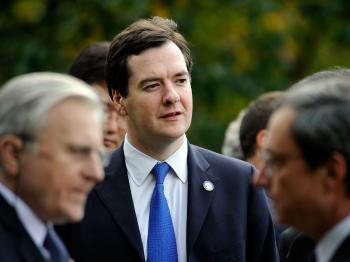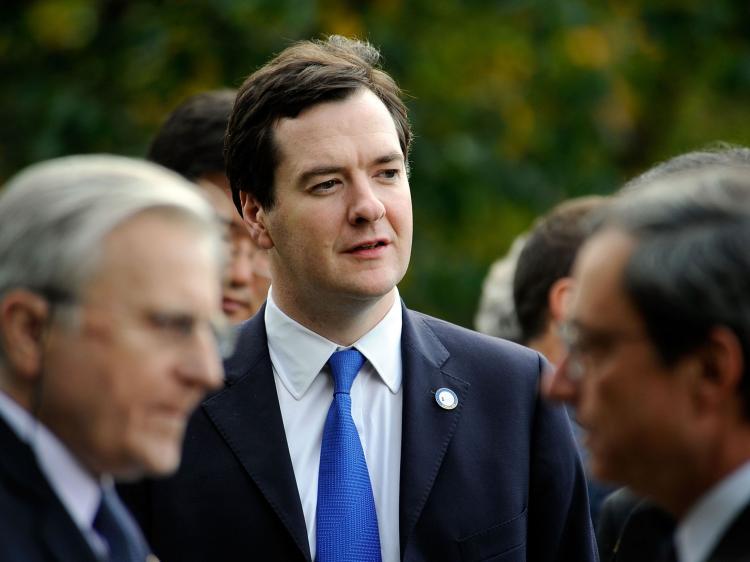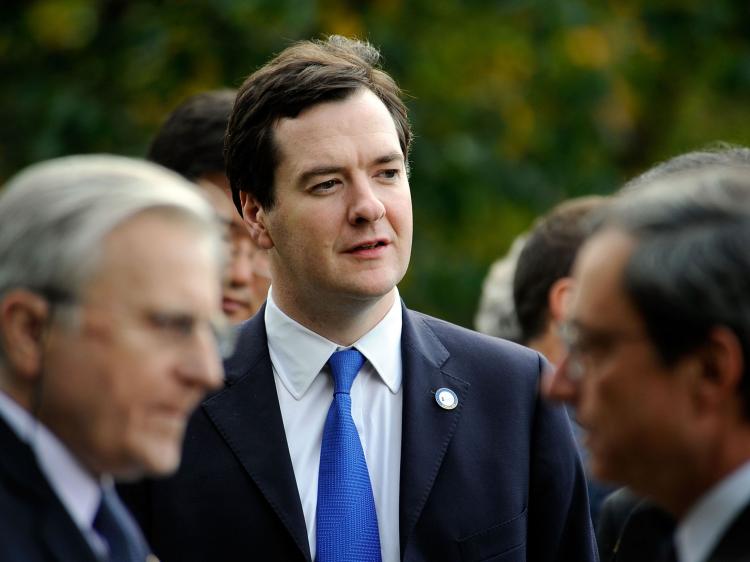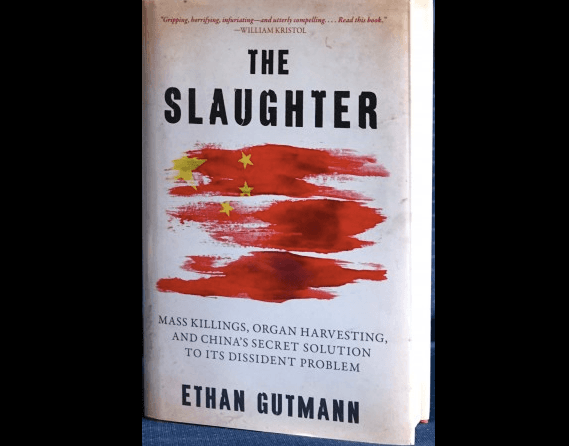LONDON—In his first speech to a Conservative Party Conference since becoming chancellor of the exchequer of the U.K. coalition government, George Osborne warned that there would be no economic growth without getting a grip on the present debt.
Oborne, a British Cabinet member, holds a post similar to the secretary of the treasury in the United States.
He told the delegates in the city of Birmingham that the country still had 109 billion British pounds (US$173 billion) of structural deficit this year. A structural deficit is not due to fluctuations in the economy, but rather due to unbalanced budgeting, even during prosperous times. He said the country was paying 120 million pounds (US$191 million) a day in interest to foreign governments:
“Millions of pounds every day goes to the foreign governments we owe so they can build the schools and hospitals for their own citizens that we aren’t able to afford for ours. How dare Labour call that protecting the poor?”
Prior to the chancellor’s speech, on BBC’s live conference coverage, Allister Heath of City A.M., a free London daily business newspaper, said that George Osborne’s standing in the city had risen recently, despite being seen as a bank-basher.
Heath said there was less “anti-capital mood music” from the chancellor and the coalition. He said Osborne’s wish to reduce people’s financial dependence of London’s public welfare programs was also what the people wanted since the responsibility of such reliance has been too great.
However, wanting growth and doing what is needed to gain growth are different. Heath said a reduction in the corporation tax seemed the only concession the chancellor was giving businesses.
In his speech, Osborne drew attention to a budget review that mandates administrative national government agencies to reduce their administrative costs by one-third.
He then had sharp criticism for the unreformed welfare system and said it could not continue. Welfare is one-third of government spending—more is spent on housing benefit than on police. Yet a generous state pension linked to earnings was something the coalition promised to deliver, which the Labour Party never had in its platform prior to the coalition.
He said benefits would no longer be a lifestyle choice, and Iain Duncan Smith (a Conservative) was leading the biggest benefits overhaul since William Beveridge’s (a Liberal) spearheaded the expansion of the welfare state. “Fraud can no longer hide behind complexity,” Osborne said.
Osborne’s plans include a limit on the total amount of benefits any one family can receive. Except in disability cases, no family will get more than an average working family earns. That figure has been confirmed as 500 pounds (US$794) per week or approximately 25,000 pounds ($39,725) a year.
Before his speech, Osborne confirmed that people in the higher-rate tax range would not receive the child benefit, which was previously a “universal” benefit given to every parent of a child under 18.
He said that “a system that taxes working people at high rates, only to give it back in child benefit is very difficult to justify at a time like this.” He said around a billion pounds a year (US$1.6 billion) went to these higher-tax-range families under the child benefit program.
Yvette Cooper, as well-known critic of the government, commented on BBC TV that abolishing so many benefits would cause a great deal of suffering. She said many children were dependent on their families receiving housing subsidies, and people need help, like the child tax credit, to get back into the workforce.
Near the conclusion of his speech, Osborne said, “The foundations of a strong economy don’t rest alone on the decisions of chancellors or the spending programs of government. They come from the most basic human instincts of all—the aspiration to have a better life, to get a better job, to give your children a better future.”
The speech was well-receive as having a sophisticated balance of humor, lightness and gravity, fashioned, to lift loyal followers through hard times.






